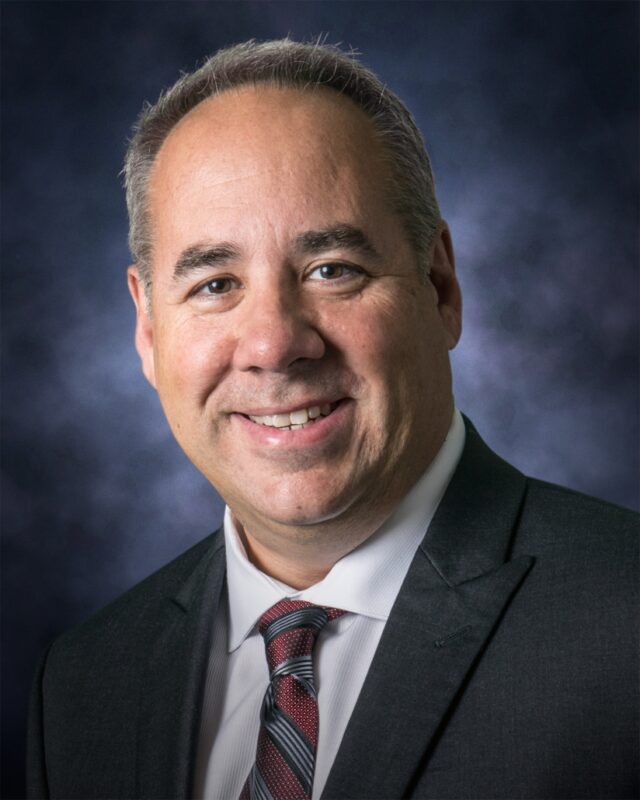Jeffery W Chambers MD is the new Chief Medical Officer at Cardiovascular Systems.
“CSI is developing an exciting product pipeline that targets some of the fastest growing segments of interventional cardiology,” said Scott Ward, Chairman, President and Chief Executive Officer. “Jeff brings contemporary interventional cardiology practice and extensive clinical research experience to CSI as we seek to expand our product offering beyond orbital atherectomy. We believe Jeff brings valuable perspective to CSI as we seek to successfully develop and commercialize everolimus drug coated balloons, intravascular lithotripsy balloons, thrombectomy devices and mechanical circulatory support products.”
Said Chambers, “I am excited to join CSI and I look forward to working with the team to bring innovative and important technologies to underserved patient populations. In doing so, together, we will improve the health of people with coronary and peripheral artery disease and fulfill our Mission.”
Jeffrey W Chambers MD was the primary investigator for the ORBIT II study, which served as the pivotal trial supporting the premarket approval for the use of orbital atherectomy in coronary arteries. In addition, he has served as a consultant in connection with CSI’s product development, quality assurance, medical affairs and clinical research.
Dr. Chambers received his medical degree from Wayne State University and completed his residency in Internal Medicine and fellowships in cardiovascular disease and interventional cardiology at the University of Minnesota. He has been employed at the Metropolitan Heart and Vascular Institute since 1995. Dr. Chambers is a serial entrepreneur with numerous issued patents, some of which are associated with devices commercially available today. He is a Fellow at The American College of Cardiology and is a member of The Society for Cardiovascular Angiography and Interventions.
